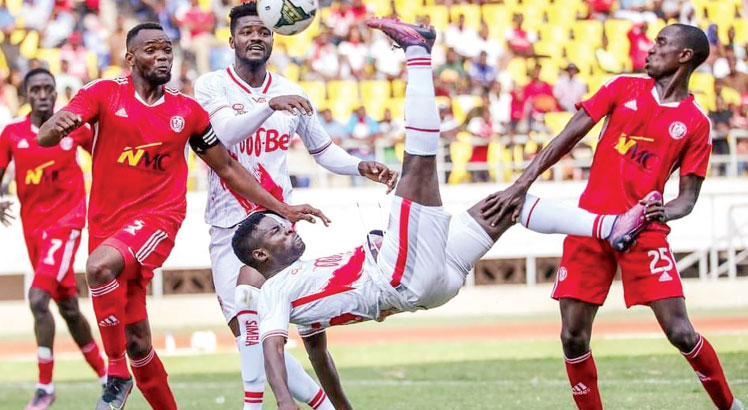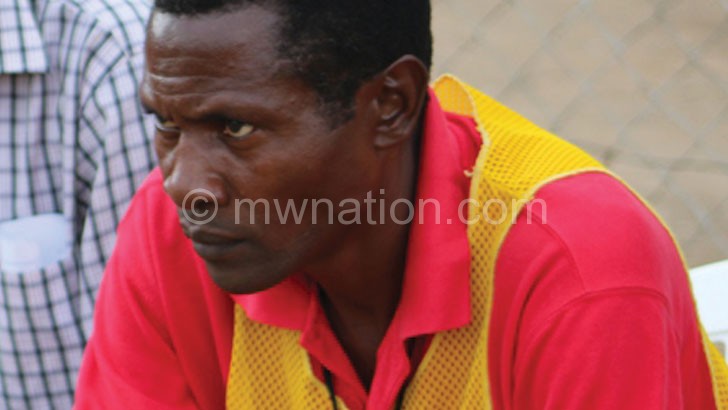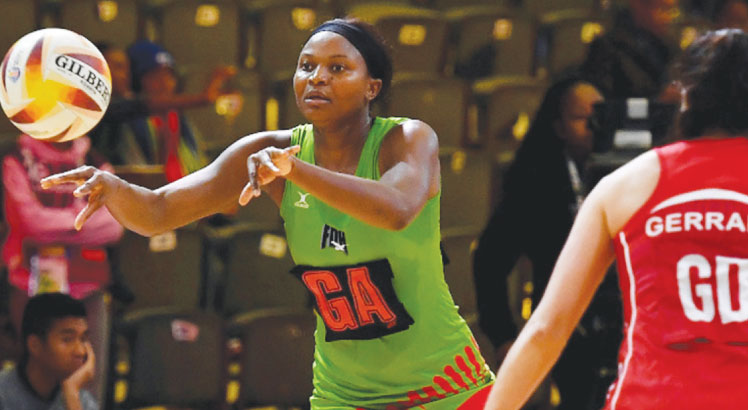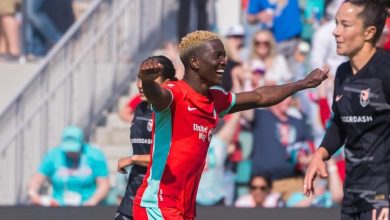FAM warns teams on club licensing
Football Association of Malawi (FAM) has warned that any Super League club that fails to qualify for a full licence by early March will not be allowed to compete in the top-flight league or Airtel Top-8, and will be relegated to the lower league.
However, FAM issued similar threats last season, when they told clubs that did not have provisional licences that they risked expulsion from the 16-team league if they failed to up their status to obtain full licences by the start of the second-round, but nothing happened.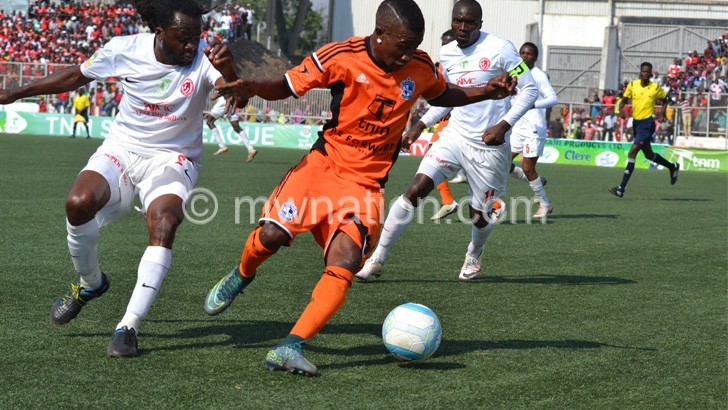
But as clubs started applying for the 2018 season on January 12, FAM club licensing manager Casper Jangale insisted they should be taken seriously on the latest warning because last season their hands were tied to unleash the punishment as all teams had already played some games and the action could have distabilised the league.
“The process of receiving the applications will end on March 1, with final submissions before the First Instance Body (FIB), which decides whether to grant clubs licences or not,” he said.
He said the system does not promote quantity, but quality—the ability to make the grade and fulfil the requirements.
“This is why registration for TNM Super League will depend on whether one has a licence or not. It’s not automatic. It is a requirement. Even Airtel Top-8 will wait for final confirmation on licensed clubs. There will be no short-cuts this time around,” he said.
“The clubs are aware of all this. We called them to a seminar that ended on January 20, where we shared the system’s expectations, challenges faced and way forward.”
However, Super League clubs, especially the newly-promoted ones, have complained that they have not been given ample time to comply with the requirements.
“We have a complete understanding of what is required after attending the seminar last weekend. But there are very tight deadlines; we wish there was more time, particularly, for newcomers like us,” complained Nchalo United chairperson Peter Chiipanthenga.
“But we have a capable, committed and motivated team. I have no doubt that we will make the grade,” he said.
His counterpart at another newly-promoted TN Stars, Thomas Nyirenda, said they are prepared to meet the requirements, although there isn’t much time.
“Our constitution has been submitted and our six-month bank statements are ready. For nine years we have kept good accounting at our academy. Our players and coaches’ contracts have been in use for the past two years. Our players, in Kasungu, have been living in our hostel for the two seasons we have been in the second-tier league. When I look at FAM requirements, there is nothing new for us. We have been preparing for this for years,” he
said.
Wanderers general secretary Mike Butao said they always comply with the requirements as they believe club licensing is good for Malawi football.
“We wish, however, that bodies such as FAM and the Super League of Malawi [Sulom] also underwent similar licensing procedures because there is also a lot that needs streamlining at these institutions. We should not leave them behind,” he said.
While saying FAM’s reasoning makes sense, soccer analyst George Kaudza- Masina believes the time-frame is too short for the clubs. He said it should be appreciated that local clubs are not yet running in a professional way and, as such, they might need more time to fulfil all the requirements
“Club licensing regulations are already in place, but the problem is FAM’s failure, in terms of implementation. Maybe this time they will be able to implement the club licensing to the maximum after learning from last season’s mistakes,” he said.
Jangale admitted that club licensing implementation was a challenge, especially on clubs’ failure to submit the necessary documents, and delay to do so.
To obtain a licence, clubs were supposed to fulfil five club licensing system criteria, namely, administrative and personnel, sporting, infrastructure, financial and legal.
On sporting criterion, clubs did well by either adopting teams in the FMB Under-20 League or establishing their own but not many got adequate support from their mother clubs.
However, infrastructure was biggest challenge due to lack of good venues and training facilities while on administrative & personnel criterion, clubs tried to set secretariats but failed to comply with the regulations as regards engagement of qualified technical personnel.
Adherence to the financial criterion was another challenge as most did not follow the required accounting standards. On the legal aspect, strides were made as regards ownership and control of clubs. But some still had challenges to properly define the ownership structure.
But overall, there were much improvements in 2017 as compared to the 2016 season when clubs started to embrace club licensing as part of Malawi football system.


